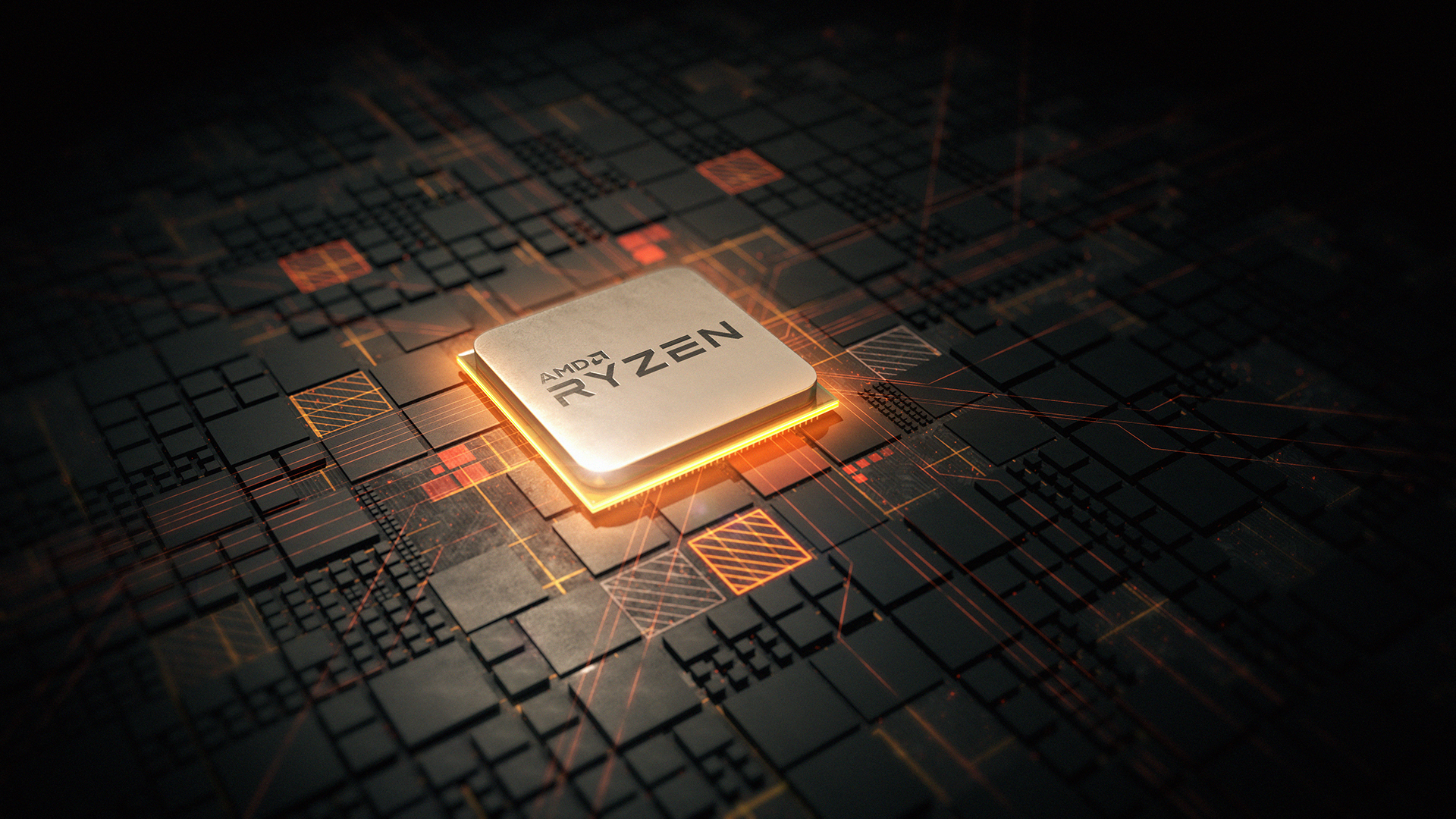AMD Ryzen 9 4950X leak has appeared – and it could take Intel's gaming crown
16-core, 32-thread CPU could challenge Intel with a 4.8GHz boost clock

Sign up for breaking news, reviews, opinion, top tech deals, and more.
You are now subscribed
Your newsletter sign-up was successful
A new leak has detailed AMD’s Zen 3-based Ryzen 9 4950X CPU - and it should have Intel worried.
This leak comes via Igors Lab, which reveals that the so-called Ryzen 9 4950X will be a 16-core, 32-thread part with an impressive boost frequency of 4.8GHz.
The information comes from an OPN code which reads "100-000000059-52_48/35_Y." The ’35’ at the end signifies the 3.5 GHz base clock, with ’48’ telling us the boost clock is 4.8 GHz. That’s 100MHz higher than the AMD Ryzen 9 3950X, which tops out at 4.7GHz.
- There's a whole world of PC components out there
- These are the best gaming laptops of 2020
- Check out the best rival Intel processors
What’s more, this code likely refers to an engineering sample of the Zen 3 'Vermeer’ CPU, so it's likely that these clock speeds will be even higher at launch – potentially even entering Intel's 5GHz territory.
Some reports speculate that the processor could undergo a name change ahead of its official unveiling, too, and claim AMD could skip the Ryzen 4000 series nomenclature on desktop to avoid confusion with its current-zen Zen 2-based Ryzen 4000 mobile chips.
While this leak doesn’t tell us much else about AMD’s incoming Zen 3 desktop CPUs, we’re expecting a major improvement in the performance department.
A previous leak claims Ryzen 4000 CPUs will deliver 15% to 17% better IPC (instructions per clock) compared to AMD's Ryzen 3000 desktop processors, which is bad news for Intel.
Sign up for breaking news, reviews, opinion, top tech deals, and more.
AMD is expected to launch its first Zen 3-based processors in September, likely just days after Intel reveals its long-awaited 10nm Tiger Lake CPUs.

Carly Page is a Freelance journalist, copywriter and editor specialising in Consumer/B2B technology. She has written for a range of titles including Computer Shopper, Expert Reviews, IT Pro, the Metro, PC Pro, TechRadar and Tes.